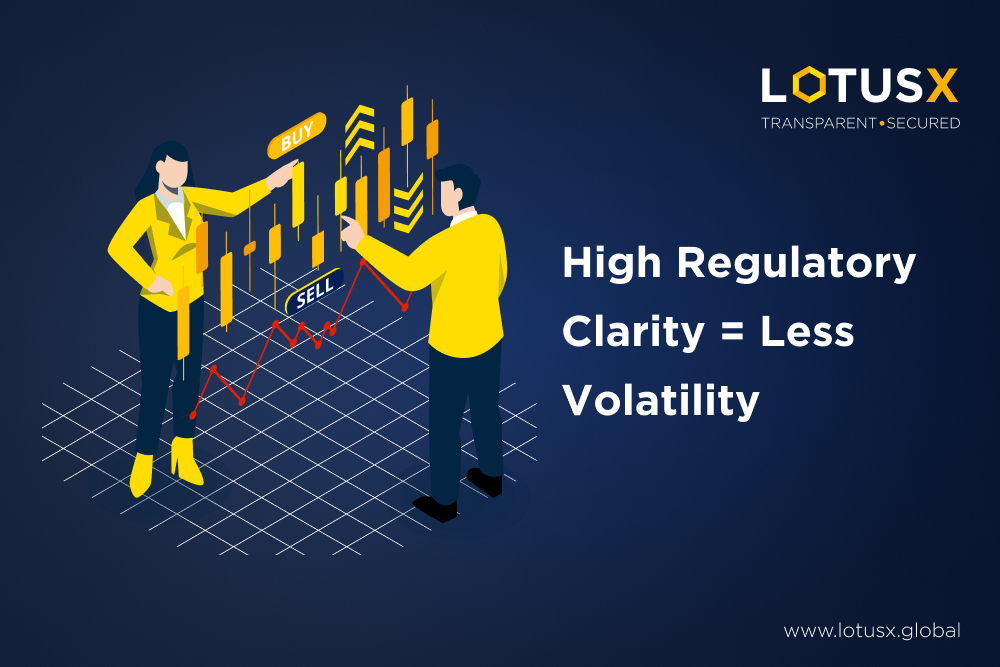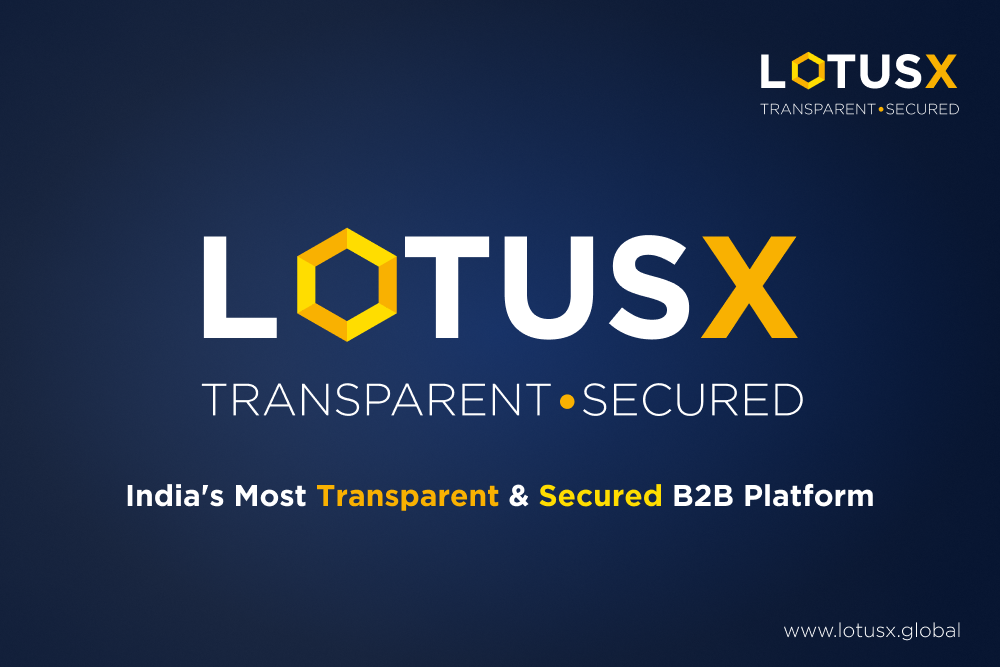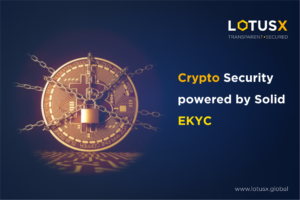In the ever-evolving finance landscape, one of the most transformative developments in recent years has been the tokenization of assets. This groundbreaking concept has the potential to reshape how we buy, sell, and invest in a wide range of assets, from real estate to art and even stocks. This blog will delve into asset tokenization, its implications, and why it’s becoming increasingly important in the financial sector.
What is Asset Tokenization?
Asset tokenization refers to converting the ownership rights of a physical or digital asset into a digital token on a blockchain. Essentially, it involves breaking down an asset into smaller, tradable units represented by tokens. These tokens are secured by blockchain technology, ensuring transparency, immutability, and security of ownership records.
Asset tokenization is converting real-world assets into digital tokens on a blockchain. This can be done with any asset, including real estate, stocks, bonds, precious metals, and artwork.
The key components of asset tokenization include:
Asset Identification: Identifying the specific asset to be tokenized, such as real estate, artwork, company shares, or intellectual property.
Token Creation: Creating digital tokens that represent fractional ownership of the asset. Each token is unique and can be traded, bought, or sold.
Blockchain Integration: Recording ownership and transaction information on a blockchain for transparency and security.
Legal Compliance: Ensuring tokenization adheres to relevant legal and regulatory frameworks, such as securities laws and property rights.
Advantages Of Tokenization
Tokenized assets have several advantages over traditional assets. They are more liquid, meaning they can be easily traded and transferred. Additionally, they have a higher degree of transparency since all the transactions are recorded on blockchain. Furthermore, tokenized assets can be fractionalized, meaning they can be divided into smaller units and owned by multiple people.
The tokenization of assets is still a relatively new concept, but it is rapidly gaining popularity. Several companies now offer tokenization services; many tokenized assets are available for purchase.
Here are some of the benefits of asset tokenization:
- Increased liquidity
- Reduced costs
- Fractional ownership
- Increased transparency
- New investment opportunities
The tokenization of assets is still in its early stages of development, but it has the potential to revolutionize how assets are traded and owned.

Real-World Applications
Asset tokenization is not just a theoretical concept; it is already making waves in various industries:
Real Estate: A company can tokenize a commercial property and sell tokens to investors. The tokens represent property ownership; investors can earn dividends from the property’s rental income. Fractional ownership of real estate properties allows investors to participate in property markets with lower capital requirements.
Art and Collectibles: Tokenizing art and collectibles enables art enthusiasts and investors to buy shares in valuable pieces, increasing the market’s accessibility.
Venture Capital: Startups are using tokenization to raise capital by selling tokens representing ownership in the company, potentially revolutionizing venture capital funding.
Stocks and Equities: A company can tokenize its shares and sell them to investors on a blockchain exchange. This allows investors to buy and sell shares without going through a traditional broker. Traditional stocks are being tokenized, making it easier for investors to trade 24/7 and reducing settlement times.
Bonds: A government or corporation can tokenize and sell bonds to investors. This makes it easier for investors to trade and invest in bonds.
Precious metals: A company can tokenize gold, silver, and other precious metals. This allows investors to buy and sell precious metals without physically delivering the metal.
Artwork: An art gallery can tokenize a painting or other artwork and sell tokens to investors. This allows investors to own a fraction of a valuable artwork without purchasing the entire piece.
The Future of Asset Tokenization
The tokenization of assets is a rapidly growing trend, and it is expected to significantly impact the financial industry in the coming years. Tokenization is making trade and investing in assets easier and more efficient and opening up new investment opportunities for investors.
As the tokenization of assets continues to grow, we can expect to see more and more companies and governments tokenize their assets. We can also expect to see new and innovative tokenization platforms emerge.
Despite its promise, asset tokenization faces regulatory compliance, standardization, and security challenges. Governments and regulatory bodies are still adapting to this innovative approach, which can lead to uncertainties.
However, the future looks promising. As regulatory frameworks evolve and mature and more industries embrace tokenization, we expect to see a more seamless and efficient financial ecosystem. Asset tokenization can unlock trillions of dollars in illiquid assets, democratize investment, and redefine how we perceive ownership.
Concluding Thoughts!
The tokenization of assets is a game-changer in the world of finance. It offers increased liquidity, accessibility, transparency, efficiency, and global reach. While challenges remain, the potential benefits far outweigh the drawbacks. As we move forward, regulators, businesses, and investors need to work together to responsibly shape the future of asset tokenization. This financial revolution is underway, and it’s poised to reshape how we invest and manage assets in the future.




